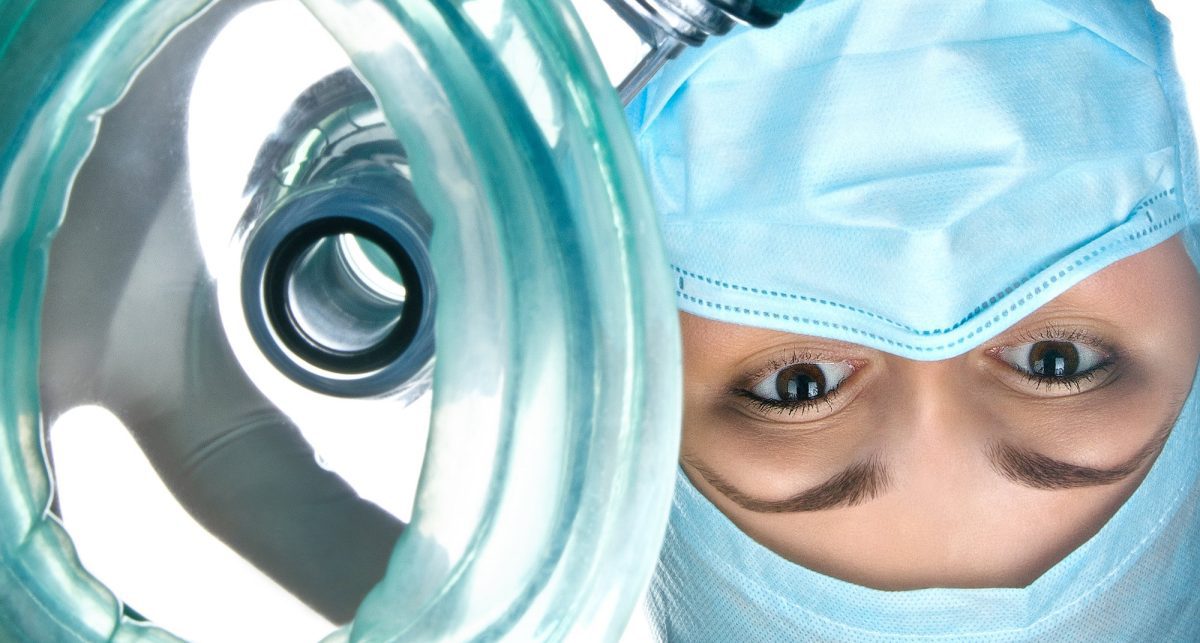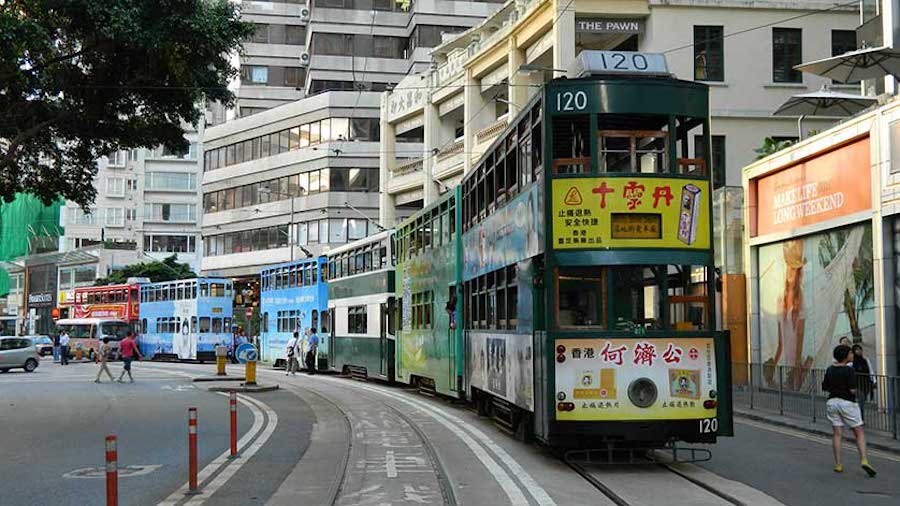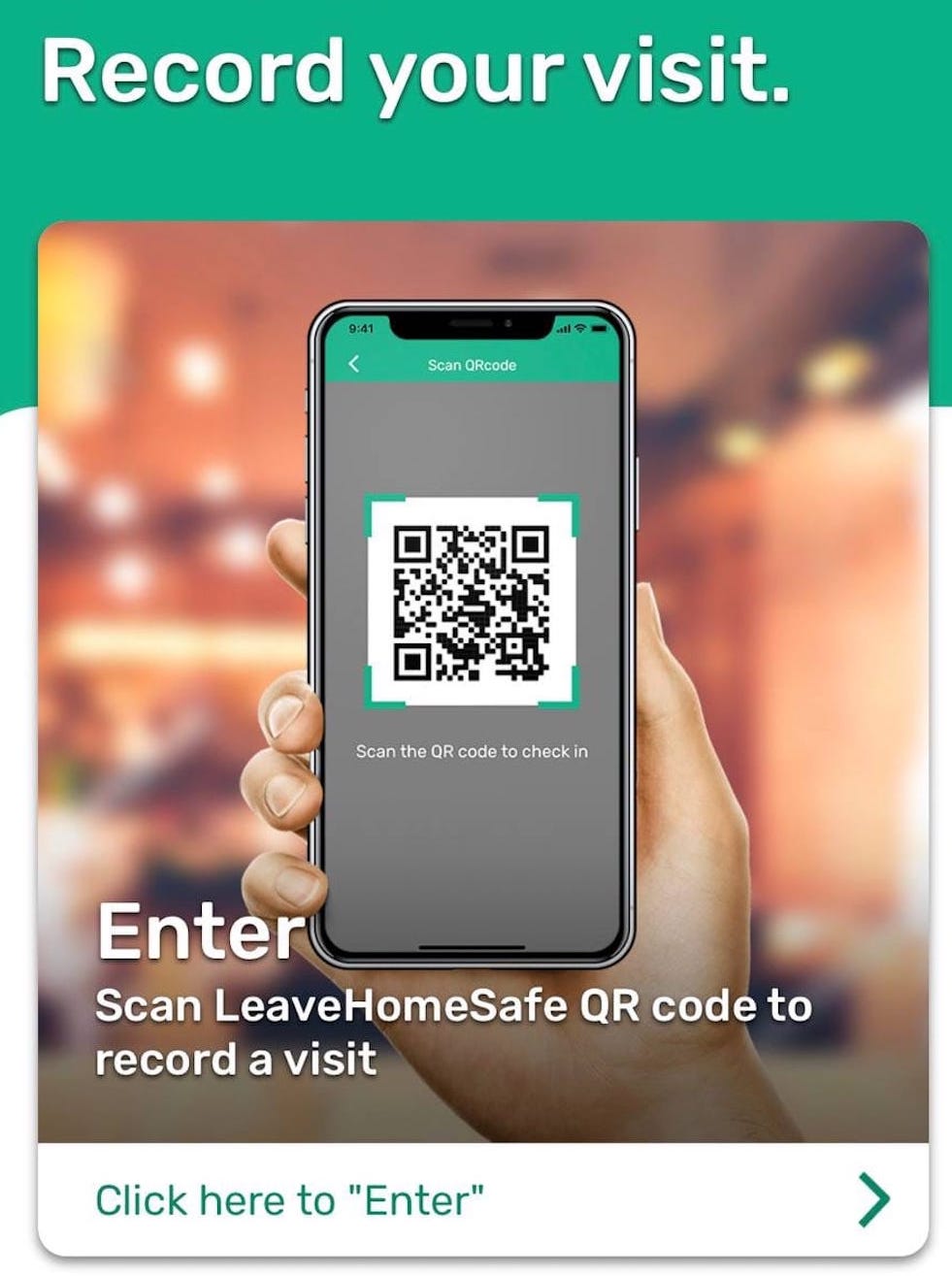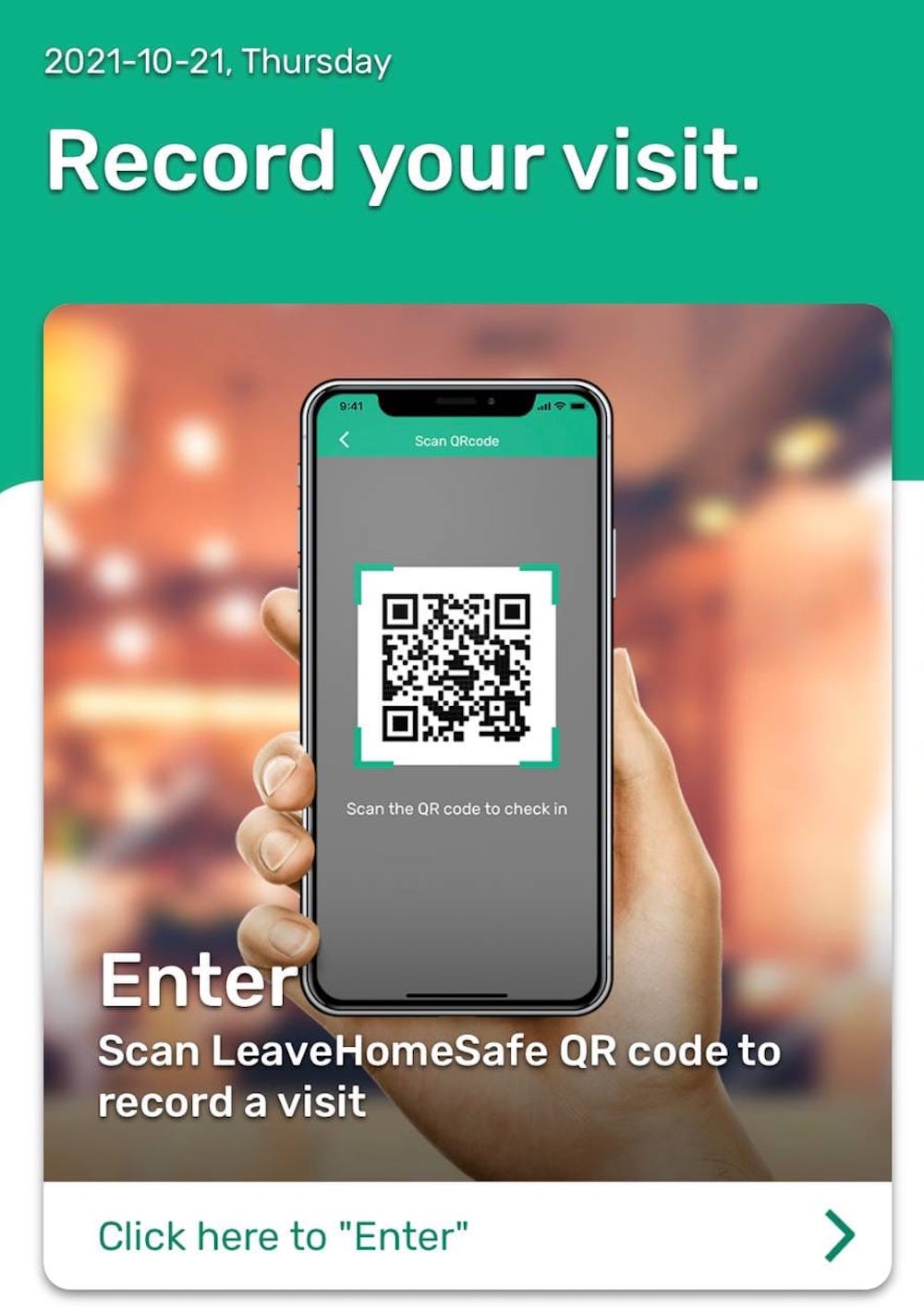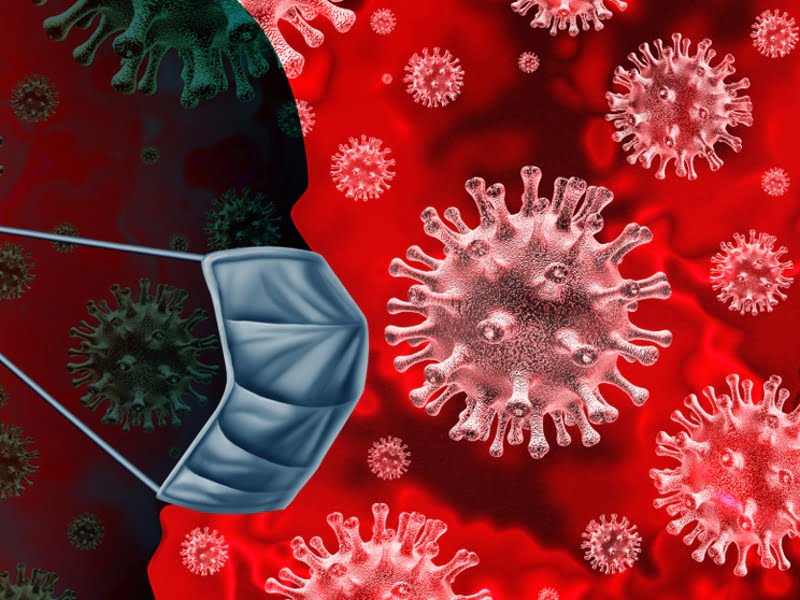Whether you agree or disagree with our government’s heavy-handed ‘kill the patient’ approach to COVID over the last two years. What many of us haven’t (thankfully) experienced is seeing the effects of a COVID infection up close and personal.
After many months, Hong Kong’s vaccination rate is creeping up and since 1 January everyone is eligible for a third booster shot six months after your second dose.
Being vaccinated DOES NOT stop you from getting COVID, it just helps your body fight off the virus and reduce side effects – most of the time.
A former HongKonger Suzie (name changed) now living overseas, double vaccinated and mask aware recently caught COVID – this is how she describes the first few days of her infection:
“I have worked the entire time through the pandemic. In one job, I am the Director of Operations for a bustling restaurant. And in the other, a Psychiatric Technician working in a COVID unit.
In neither job did I (rather amazingly, I feel) contract COVID. What I was diagnosed with instead was a chronically painful autoimmune disease.
I’ll be honest, at two years in, I had really just started to believe that COVID was side-stepping my system, for whatever reason. I told myself that maybe my autoimmune diagnosis was enough and that the universe was giving me a break on the big Rona, just for some life-balance. Lucky me.
And then, I woke up yesterday feeling in more full-body agony than I can possibly explain. With a fever, my girlfriend hurried me to the ER, where in the two hours I had to wait to be seen, my fever climbed dangerously high and my pain peaked to points where I had to bite my lip not to scream.
When I was finally examined and swabbed, it was determined that I was COVID+ and despite this new variant being “mild”, my case is so severe that I need a transfusion. The amazing hospital staff immediately set to work trying to stop my fever from climbing any higher. An IV was put in, and I could do nothing but close my eyes in my hospital room and pray for relief.
My throat felt like acid had been poured down it, my skull felt as though nails were being driven into it, I couldn’t move my eyes without a pulsing pain that I felt in my brain, my body felt like it had been bludgeoned by a baseball bat and my skin couldn’t even tolerate the touch of my clothing. Yesterday was honestly one of the most unbearable days of my life.
As I lay there with icy cold medicine flooding my veins, desperately working to bring my fever down, shivering so hard that my body was convulsing, I bitterly asked myself “Why me?”.
I had done everything right. Double vaxxed. Masked. Stayed away from big gatherings. I even started ordering my groceries online, just to avoid busy supermarkets.
But, as I lie here, with a brain slightly less clouded by physical agony I’ve realized that the better question is “Why NOT me?”.
Day 2: with COVID: Feel a little more human. I can feel my heartbeat in every bone on my face because my sinuses are so backed up. Blinking hurts so much that I walk around the house to get things with my eyes mostly shut. Everything feels like a baby jellyfish sting on my skin, clothing included. Throat full of razor blades. Able to eat and drink though.
Day 3 with COVID: Regressed. Left lung throbbing. Coughing causes horrible pain, which brings up mucus which I then proceed to choke on because I can’t clear it out of my airway, because there is so much of it.
End up trying *not* to cough because choking on your own lungs is terrifying. Not coughing doesn’t work. Nauseous. Food is starting to lose all taste. Skin slightly less sensitive though. Throat so bad that a sip of soup with spice in it makes my eyes well up in pain.
Day 4 with COVID: All of the above, but it’s also now 4:48pm in the afternoon and I still have yet to be able to eat food or drink any fluids without it coming back up within 3 or so minutes.
Day 10 with COVID:
Still puking.
Still have no taste or smell.
Lungs still on fire.
Debilitating brain fog.
I’ve honestly never felt so ill in my life. My partner is not immunocompromised, but there have been days in all of this where she’s been even sicker than me.
Day 11 with COVID:
Stomach still violently upset, nauseated 85% of my waking life.
Taste returning slowly, smell still absent.
Get horrible dizzy spells just walking around
Zero appetite
Brain fog so bad that I tried to wash my hair twice
And my favorite yet? Tried to put on a bra for shits and giggles, and it felt like my diaphragm was going to explode from the pressure & pain…. Like. I literally can’t even wear a bra because my chest is so sore.
So, yeah. Surviving COVID, one absolutely miserable day of existence at a time…
Why am I writing about my COVID experience, two reasons:
Firstly, if you haven’t contracted COVID yet, please don’t let your guard down. This new variant is just as serious as the ones before it. And, it’s far more contagious. I could be experiencing a severe form of this virus because of my immune system, but, if we have learned anything about COVID it’s that everyone is hit differently, in ways we are still struggling to understand. Young healthy people are dying, while older patients with comorbidities are going home, healed. It doesn’t matter what your status is. It could come for you, and hard.
And secondly, if you’re an anti-vaxxer or someone who no longer wears a mask…. I really want to appeal to your humanity, as an immuno-compromised individual. Please be better. I can only do so much to protect myself… And even that wasn’t enough.
I suspect that it’s going to be a while before I feel okay again. Today, I can sit upright without the pain making me nauseous. I can just about bear the weight of my blanket against my skin. It took me a long time to type this out because I keep having to stop and rest. We will see what tomorrow brings.
image: dariaserdtseva

